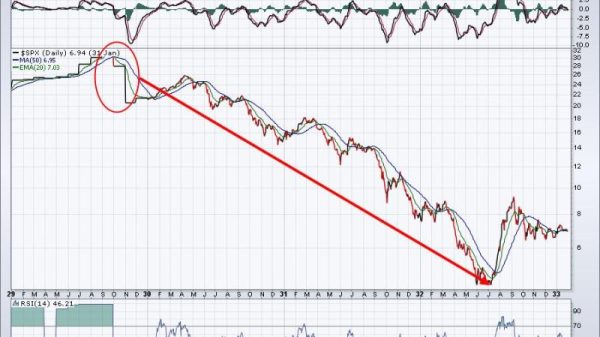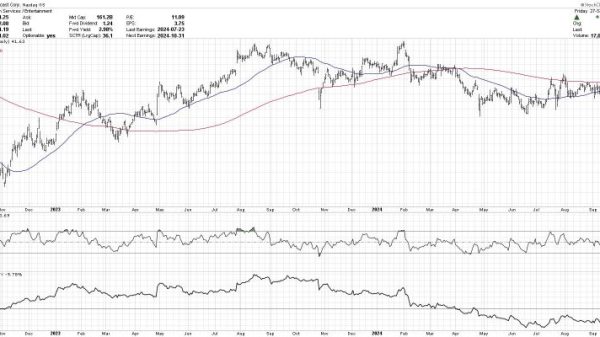A review of 63 studies has found no link between mobile phone use and an increased risk of brain cancer.
Commissioned by the World Health Organization (WHO), it found no rise in cases despite a huge increase in wireless technology over the last 20 years.
The review was headed by experts from the Australian Radiation Protection and Nuclear Safety Agency, and included investigators from 10 countries.
It looked at research on radio frequencies in the wavelengths of 300 Hz to 300 GHz – used for mobile phones, wi-fi, radar, baby monitors and other applications.
Co-author of the review Professor Mark Elwood, an honorary professor of cancer epidemiology at University of Auckland, said the team looked at cancers of the brain, pituitary gland, salivary glands, and leukaemias.
“None of the major questions studied showed increased risks,” he said.
“For the main issue, mobile phones and brain cancers, we found no increased risk, even with 10+ years exposure and the maximum categories of call time or number of calls.”
During the pandemic, 5G mobile phone masts were attacked in the UK and elsewhere in the baseless belief they were contributing to the virus.
The research review looked at 63 relevant articles, published between 1994 and 2022, from 22 countries.
“For mobile phones and brain cancers, there were studies with 10 or more years’ use, and quite extensive use,” said Professor Elwood.
“Most phone use in these studies was from past years and 1G -2G networks; the newer 3G-4G networks have substantially lower RF emissions.
“There were several studies that reported some increased risks, but these were outweighed in considering all the available evidence.”
The authors also found no increased risk of leukaemia or brain cancers in children from radio or TV transmitters or mobile phone base stations.
When it comes to 5G mobile networks, Professor Elwood said there were no major studies so far, but that studies of radar – which has similar high frequencies – did not show an increased brain cancer risk.
The review is published in the Environment International journal and took four years to complete.
The risk in relation to other cancer types is due to be reported separately.
Professor Alberto Najera, a physicist and expert on radio frequencies and health at the University of Castilla-La Mancha in Spain, praised the “exhaustive systematic review”.
He said the conclusions were “robust” and “supported by quality studies”.
“The main implications of this study are that, according to the best available evidence to date, exposure to radiofrequency electromagnetic fields, such as those produced by mobile phones or telephone antennas, does not appear to significantly increase the risk of developing cancer,” said Professor Najera.




























